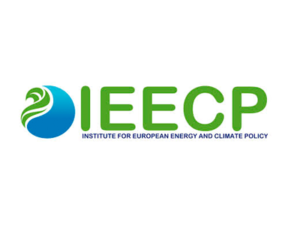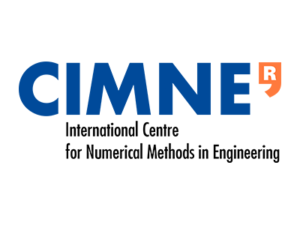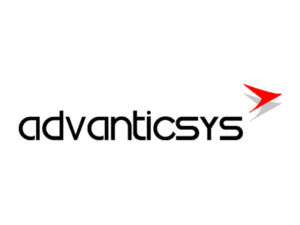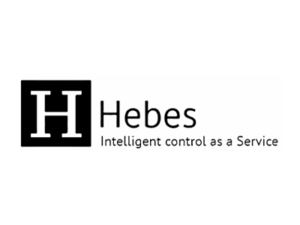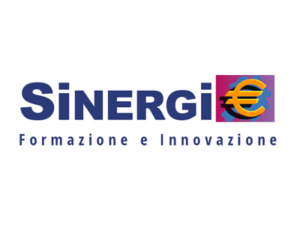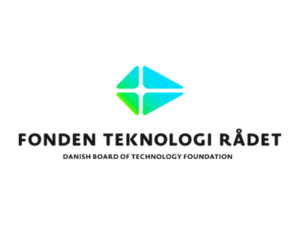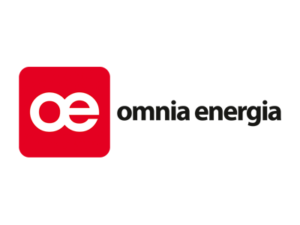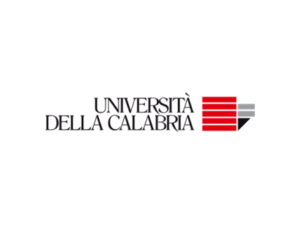
| Acronym | SENSEI | ||
| Start date | 01/09/2019 | End date: | 31/08/2022 |
| Program | H2020 | Grant Agreement ID: 847066 | View Cordis file card |
| Subprogram | SC3 – Secure, clean & energy efficiency | ||
SUMMARY
The SENSEI H2020 project will design, test and disseminate an innovative transaction model to enable energy efficiency upgrades to be valorised. The SENSEI model will build on innovative pay-for-performance (P4P) schemes. The project will focus on energy efficiency improvements on buildings which payments are made only after the efficiency improvement.
Resources
INTRODUCTION
The Energy Performance Contracting (EPC) model has been successful in attracting investments in energy efficiency, but mainly for single, large projects. Energy efficiency programs, on the other hand, constitute an alternative path to scaling up the number of buildings that implement energy efficiency interventions, but the practice of rebates and incentives that are paid up front creates a need to rely on deemed energy savings and on complex and costly regulations that hinder innovation.
SENSEI H2020 project will propose a solution to this deadlock. Building on earlier successful experimentation outside of the EU, we will design concepts and business models that will help: (a) generate new sources of benefits that increase the value of an energy retrofit project by enabling the compensation of energy efficiency as an energy resource, and (b) turn the project’s value into an investable asset to attract private financing. The main concept underlying the SENSEI business models is pay-for-performance (P4P), which offers an effective way to engage both energy providers and third-party investorsin energy efficiency. SENSEI will first elaborate P4P schemes for financing energy efficiency that can be implemented across the EU, and then integrate these P4P schemes with the preparation and implementation stages of the EPC model, with the intention of increasing and/or financing the gains in a building’s value that are produced by energy efficiency improvements.
The developed concepts will utilize actual building data and the consortium’s competences to carry out a series of negotiation games among all SENSEI parties – representing all links in the EPC and P4P chain. The project has planned a series of activities to both disseminate the insights from these games and to support stakeholders in using our recommendations with the goal of rolling out the first P4P pilots in the EU.

PARTNERSHIP
PARTNERS
Funds
SENSEI H2020 project has received funding from the European Union’s Horizon 2020 Secure, Clean & Energy Efficiency









